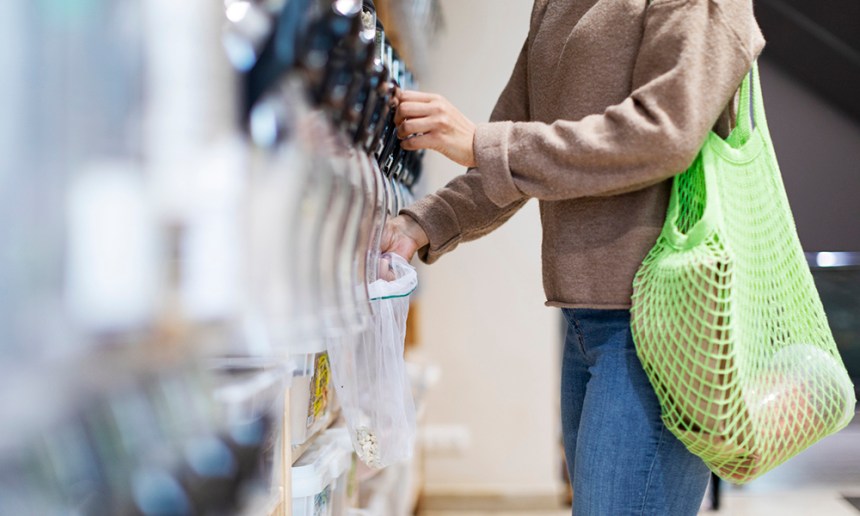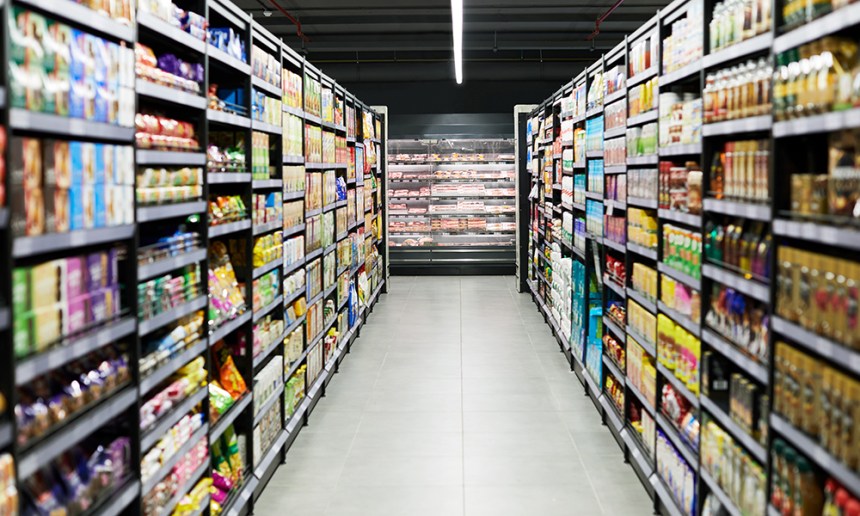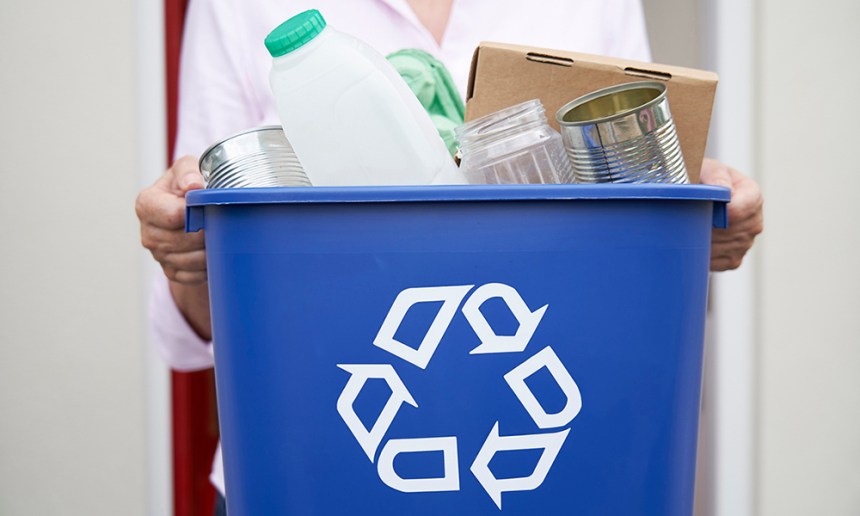A new study suggests a large-scale switch to reusable packaging in UK grocery retail could bring major environmental and economic benefits, from reduced waste to millions in annual savings.
Moving 30% of packaged grocery goods in the UK to reusable formats could save up to £577 million per year and reduce packaging-related carbon emissions by 95%, according to a new study.
The research, led by reuse consultancy GoUnpackaged and supported by a cross-sector Advisory Panel, presents the first detailed model of what large-scale reuse could look like across the UK’s grocery sector. It outlines how such a transition could be practically achieved, with reusable packaging replacing single-use alternatives in 18 priority product categories using just 30 standardised formats.
The analysis estimates that shifting to reuse for a third of grocery items could deliver between £314 million and £577 million in annual system cost savings compared to current single-use packaging models. It also identifies £136 million in potential yearly savings for producers who fall under the scope of extended producer responsibility (pEPR) for packaging.
Our study shows that switching just 30% of goods to reusable packaging is a huge opportunity for producers and retailers to win
The environmental gains are equally striking. The model projects a 95% reduction in carbon emissions and packaging waste for the products in scope, amounting to over 300,000 tonnes of material avoided each year. The shift would also generate an estimated 13,000 net new jobs, particularly in cleaning, logistics, and packaging operations.
The Advisory Panel for the study included representatives from Tesco, Ocado Retail, Suez, WRAP, DEFRA, Biffa, Berry, Reath, WWF, Innovate UK, CHEP and Ecosurety.
In a joint statement, the panel said the study provides an “evidenced view of reuse working at scale in the UK for grocery retail,” and offers a foundation for informed decision-making by industry and government. The panel said it would convene stakeholders in June to begin discussing the next steps for a practical transition.
The research outlines that the 30% reuse target could be reached by converting 18 product categories including sauces, rice, coffee, oils, milk, detergents, ready meals and yoghurts, among others. These could be delivered using a manageable range of just 30 reusable packaging types.
Rob Spencer, co-founder of GoUnpackaged, said the time for debate is over and called for coordinated action.
“It’s time to move on from debate and focus on the facts: reuse works,” he said. “Our study shows that switching just 30% of goods to reusable packaging is a huge opportunity for producers and retailers to win—environmentally, financially, and even societally, creating jobs and reducing waste. The data speaks for itself.”
Spencer added that reuse offers a unique opportunity to cut emissions, conserve materials, and curb the UK’s mounting packaging waste crisis. “Reuse is the only viable option to significantly reduce packaging emissions, the volume of valuable materials we’re using, and the vast amount of packaging waste the UK collectively produces,” he said. “That’s why we’re calling on the industry and government to work together and take action to move towards 30% reuse, starting now. There’s no excuse to delay tackling the single-use packaging crisis any longer.”
The study sets out a vision for how reuse can become a mainstream solution within UK retail, aligning environmental goals with economic incentives and laying the groundwork for a circular packaging economy.
The post Switching 30% of grocery goods to reuse could save UK £577m and cut emissions by 95% appeared first on Circular Online.




